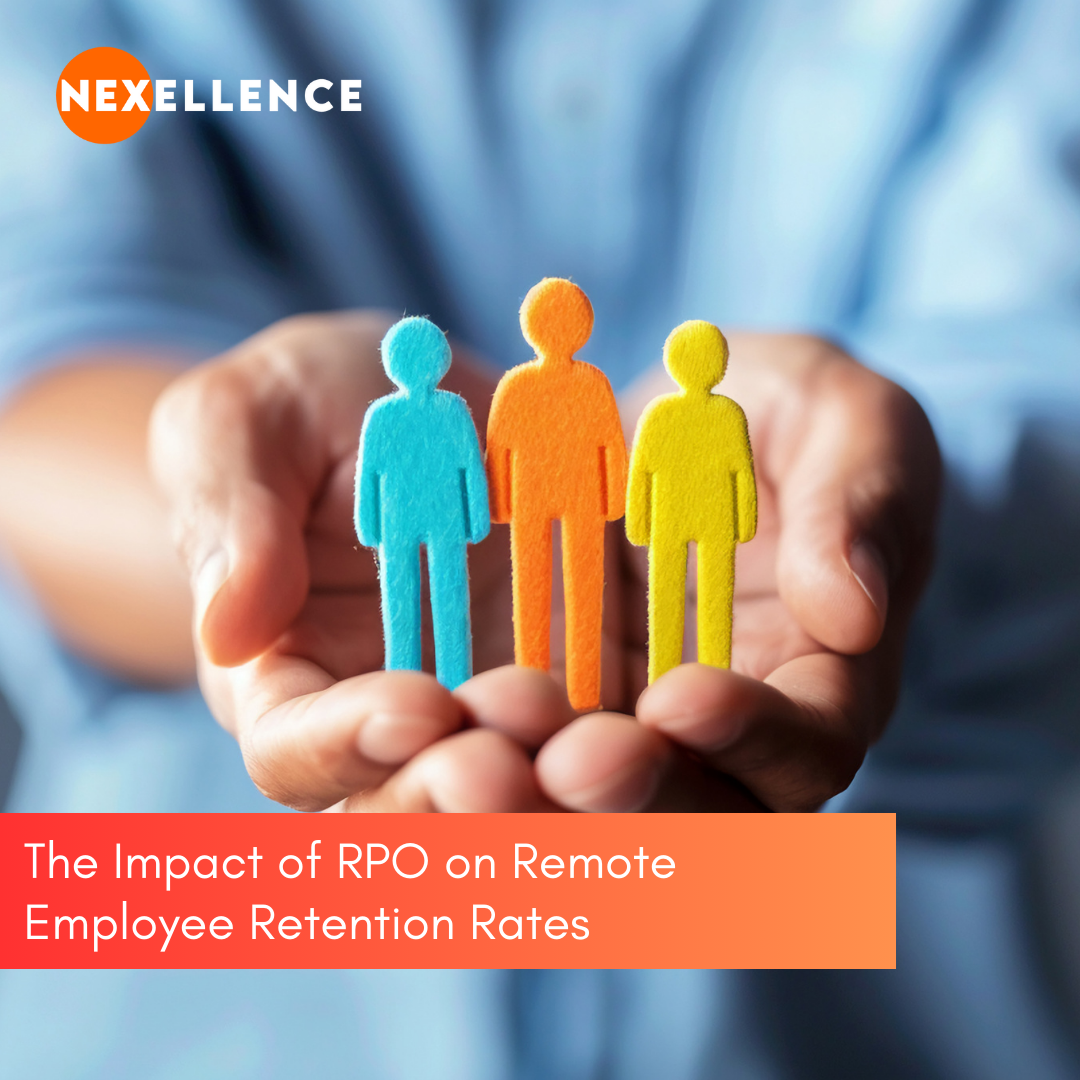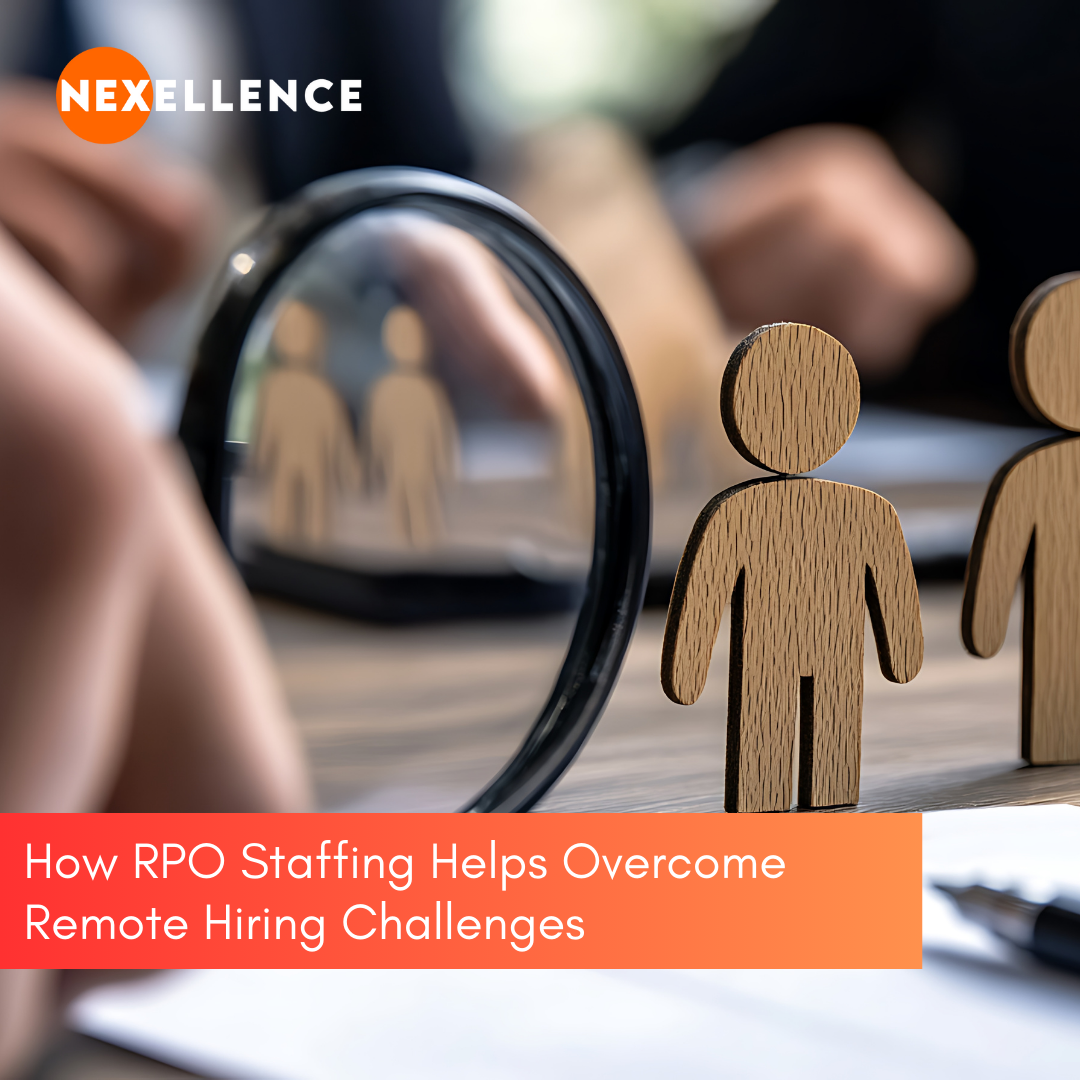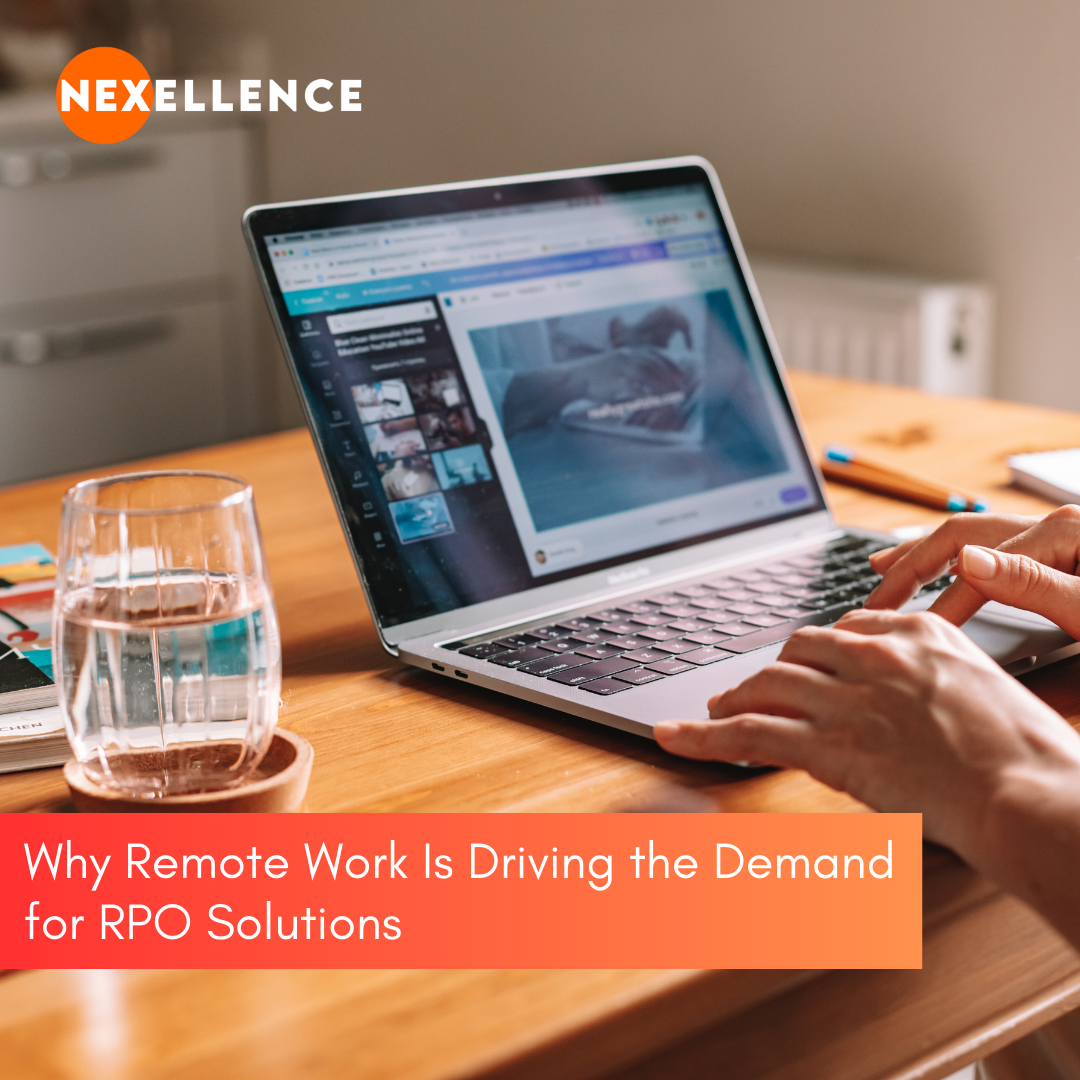Understanding Recruitment Process Outsourcing (RPO)
Recruitment Process Outsourcing (RPO) is a form of business process outsourcing where an organization transfers all or part of its recruitment activities to an external provider. RPO providers manage various recruitment functions such as sourcing, screening, interviewing, and onboarding to enhance the hiring process for companies, especially in high-volume or specialized recruiting scenarios.
Here’s an outline of key components and benefits:
Key Components of RPO:
- Talent Acquisition Strategy: RPO providers often work closely with internal HR teams to develop or refine talent acquisition strategies, ensuring they align with the company’s overall business goals.
- Sourcing and Screening: RPO partners use targeted sourcing methods to attract and screen candidates, focusing on quality and cultural fit.
- Process Management: From managing applicant tracking systems (ATS) to coordinating interviews, RPOs streamline and standardize the recruiting process.
- Onboarding Support: Many RPO providers also support onboarding to improve new-hire integration and retention.
Benefits of RPO:
- Scalability: RPO solutions are scalable, making them effective for companies facing seasonal hiring needs or rapid growth.
- Improved Time-to-Hire: By focusing on efficient processes and dedicated resources, RPO providers often reduce the time required to fill positions.
- Cost-Effectiveness: With a fixed or predictable cost model, RPO can reduce the overall cost-per-hire and enhance budget management.
- Access to Expertise and Technology: RPO partners bring specialized recruitment expertise and tools, including advanced analytics, which can drive more informed hiring decisions.
- Enhanced Candidate Experience: Streamlined processes and dedicated resources ensure a better experience for candidates, which can boost employer brand perception.
RPO is ideal for companies looking to optimize their hiring process, manage costs, and gain access to specialized recruitment knowledge.





